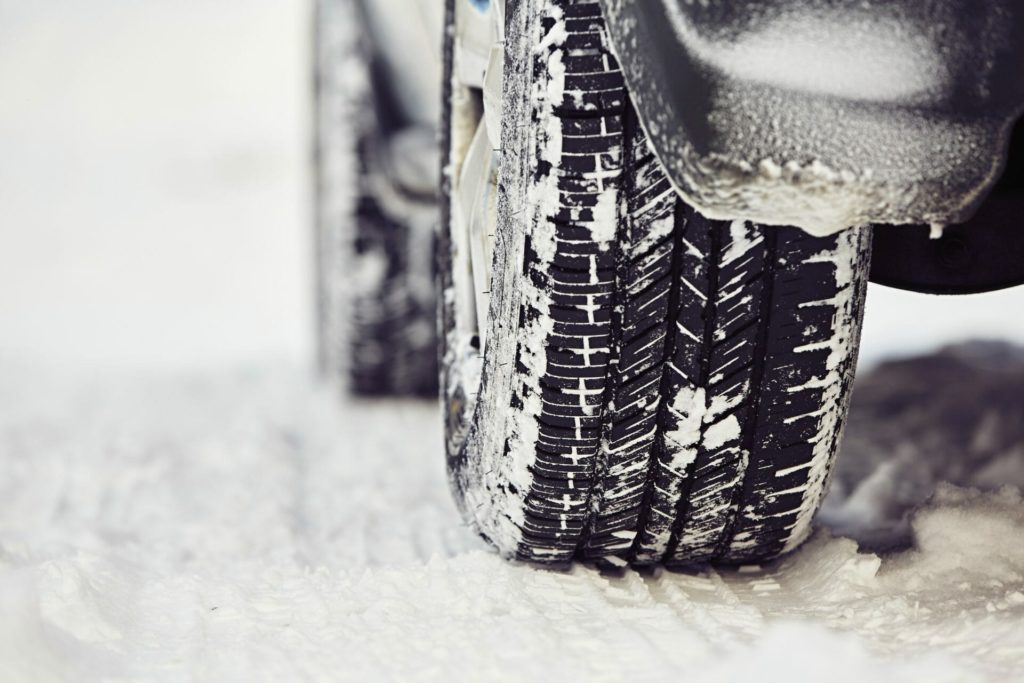Blog
All Season Tires vs All Weather Tires, What’s The Difference?
October 26, 2016

One of the most common questions for consumers when entering the process of buying winter tires is quite straight forward: “What is the difference between winter tires and all-season tires?” Here are a few key points on each listed below that can help with your decision by providing you with some more information! Also, we have listed a few important tips to keep in mind when maintaining and keeping your winter tires or all season tires in great condition!
Winter Tires
- Winter tires can provide vehicles with enhanced braking performance in snowy and ice conditions
- Winter tires will perform well in all types of winter conditions – snow, ice, sleet, slush, wet roads and even roads that are dry but cold
- The rubber in the tires is specifically formulated to stay flexible at low temperatures, providing better vehicle control
- An aggressive tire tread reduces snow build up within the tire treads
- Most drivers can feel a sense of confidence and control in challenging weather conditions
All Season Tires
- These are tires designed to help provide traction and grip, even when conditions are wet or snowy
- They help to provide stable handling and tread wear suited for both wet and dry conditions
- All season tires offer traction in a variety of weather conditions, but winter tires still remain superior when it comes to handling and traction in snow and ice
A few Important Tips to Remember:
– Winter tires are engineered to have a softer tread compound, which can help tires dig into snow and stick to ice at low temperatures. To get the best performance from the tires on your vehicle, you want to only use the tires as recommended. The typically softer rubber of winter tires would wear out much quicker if you were to leave them on year-round, in the long run requiring replacement sooner.
– “Even if you drive an SUV or live where the streets are cleared of snow regularly, installing winter tires on all-wheel positions will improve surface grip in every type of road condition at temperatures below 7°C.
– Want to make sure your winter driving is as safe as possible? Check out the Government of Ontario’s Ministry of Transportation Winter Driving Brochure
– Even though all-season tires can provide safe all-weather performance, winter tires are more efficient once temperatures start to fall. Modern winter tires offer up to 50% or more traction than all-seasons.” (Tire and Rubber Association of Canada).
WANT TO LEARN MORE? GIVE US A CALL!
Our Xtreme team will be more than happy to answer any questions you may have and assist you with anything you need.

